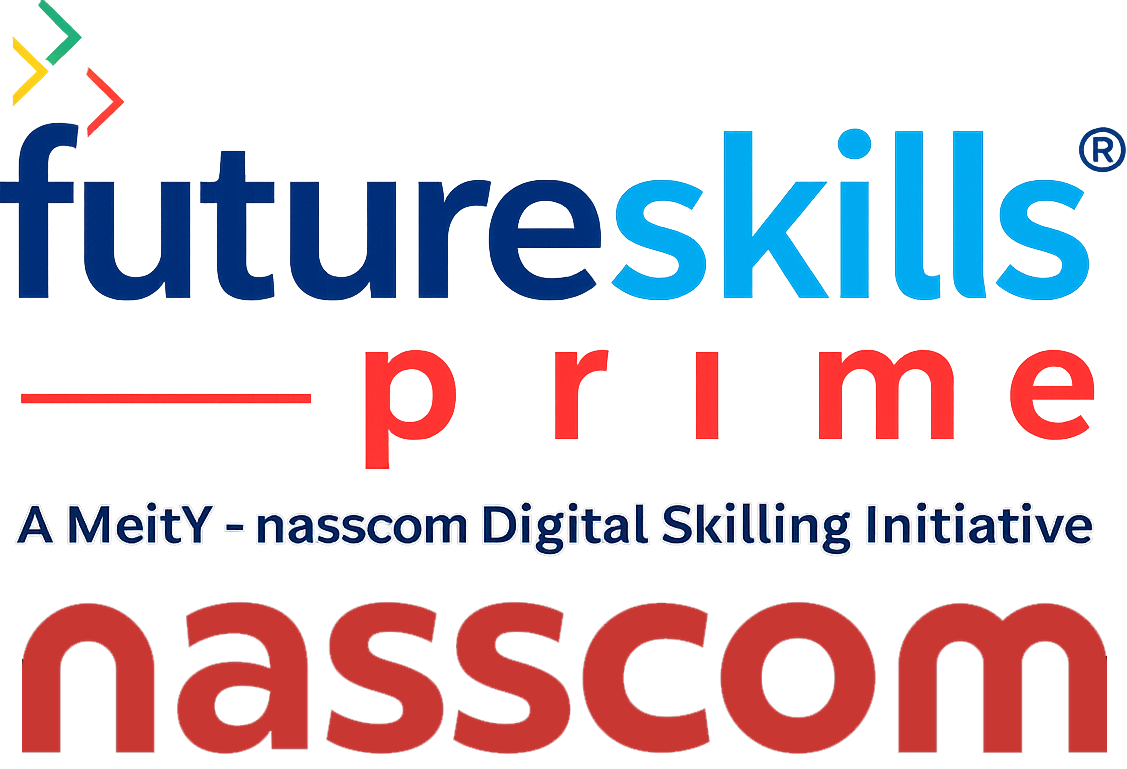Introduction
Full-stack developers are in high demand as they have the skills to work on both the front-end and back-end of web applications. However, to secure a job as a full-stack developer course in pune, you need to be well-prepared for the interview process. In this article, we have compiled a list of common full-stack developer interview questions and answers to help you prepare.
What is a full-stack developer?
A full-stack developer is a programmer who has knowledge of both front-end and back-end web development. They can work on all aspects of web development, including designing, coding, and maintaining web applications.
What skills are required for a full-stack developer?
To be a successful full-stack developer, you should have knowledge of programming languages such as HTML, CSS, JavaScript, Java, Python, and PHP. You should also be familiar with front-end frameworks such as Angular, React, and Vue.js, as well as back-end frameworks such as Node.js, Django, and Ruby on Rails.
Additionally, you should have experience with databases such as MySQL, MongoDB, and PostgreSQL, as well as version control tools like Git.
What is the difference between front-end and back-end development?
Front-end development involves designing and developing the user interface of a web application. It includes languages such as HTML, CSS, and JavaScript. On the other hand, back-end development is concerned with server-side programming and involves languages such as Java, Python, and PHP. It includes managing databases, server configuration, and application programming interfaces (APIs).
What is MVC architecture?
MVC stands for Model-View-Controller, which is an architectural pattern used in software engineering. It separates the application into three interconnected components: the model, which represents the data and business logic; the view, which displays the data to the user; and the controller, which handles user input and manages the interaction between the model and view.
What are RESTful web services?
REST stands for Representational State Transfer, which is an architectural style used in web development. RESTful web services provide a standard way for web applications to communicate with each other using HTTP methods such as GET, POST, PUT, and DELETE.
What is the role of a full-stack developer in a project?
A full-stack developer is responsible for designing and developing both the front-end and back-end aspects of a website or application. This includes everything from creating user interfaces to setting up databases and server-side programming.
How do you optimize a website’s performance?
Optimizing a website’s performance involves several steps, such as minimizing the number of HTTP requests, optimizing images and other media, reducing server response time, and implementing browser caching. Additionally, using a content delivery network (CDN) can help improve website speed and reliability.
How do you handle errors and debugging in your code?
Debugging code is an essential part of the development process. A full-stack developer should be able to identify errors and bugs in their code and use debugging tools like console logs and breakpoints to fix them. Additionally, using error tracking and monitoring tools like Sentry can help identify and fix errors more efficiently.
What is your experience with databases?
Databases are a crucial aspect of web development, and a full-stack developer should have experience with database technologies like MySQL or MongoDB. This includes designing database schema, writing queries, and optimizing database performance.
What is full-stack development, and what are its advantages?
Full-stack development refers to the practice of developing both the front-end and back-end of a web application. The advantages of full-stack development include faster development time, greater control over the entire software stack, and the ability to identify and fix issues across the entire application.
The role of a full-stack developer is critical in modern web development, and job seekers need to prepare themselves for the interview process to succeed. By studying the questions provided in this article and preparing well-crafted answers, you can demonstrate your knowledge, skills, and experience to potential employers.
Conclusion
Preparing for Full Stack Developer interviews requires a solid understanding of both front-end and back-end technologies. Along with problem-solving and coding skills. By going through these commonly asked interview questions and answers. You will be better equipped to showcase your expertise and land your dream role.
For structured learning, hands-on projects, and expert guidance, consider enrolling in the Full Stack Developer course at Ethans Tech. Our comprehensive curriculum and placement support will help you confidently crack interviews and kickstart a successful tech career.



